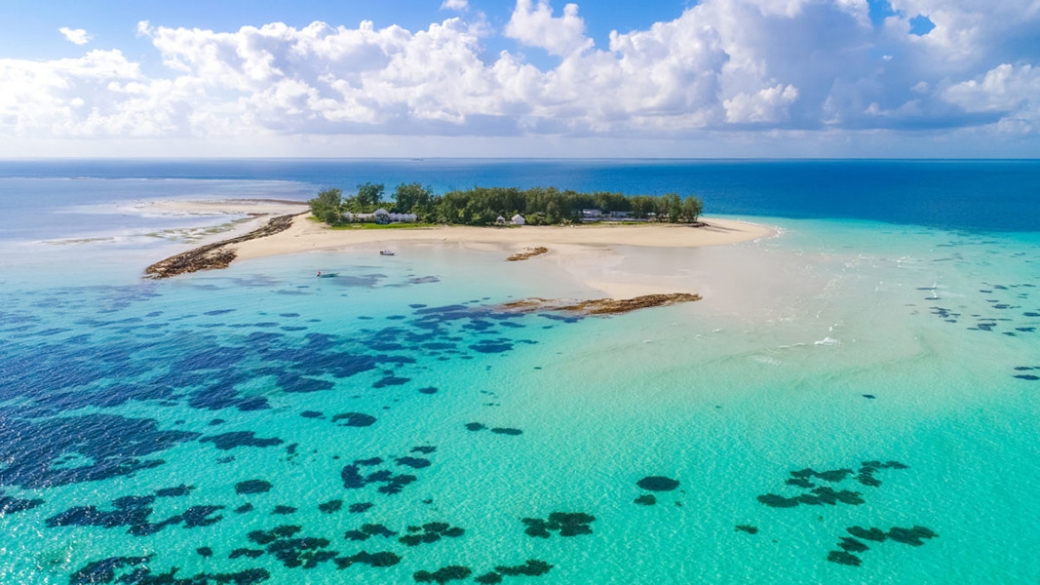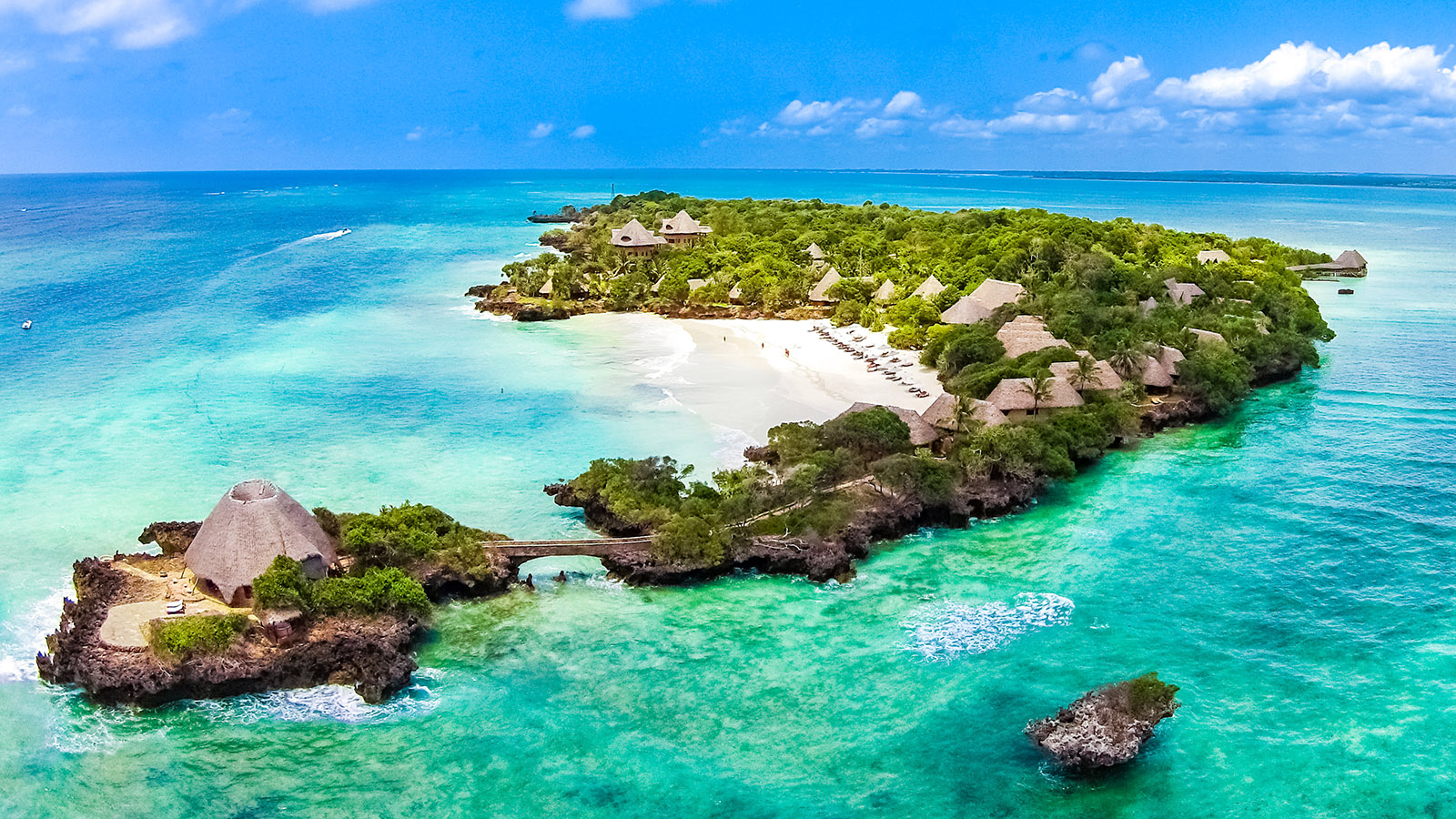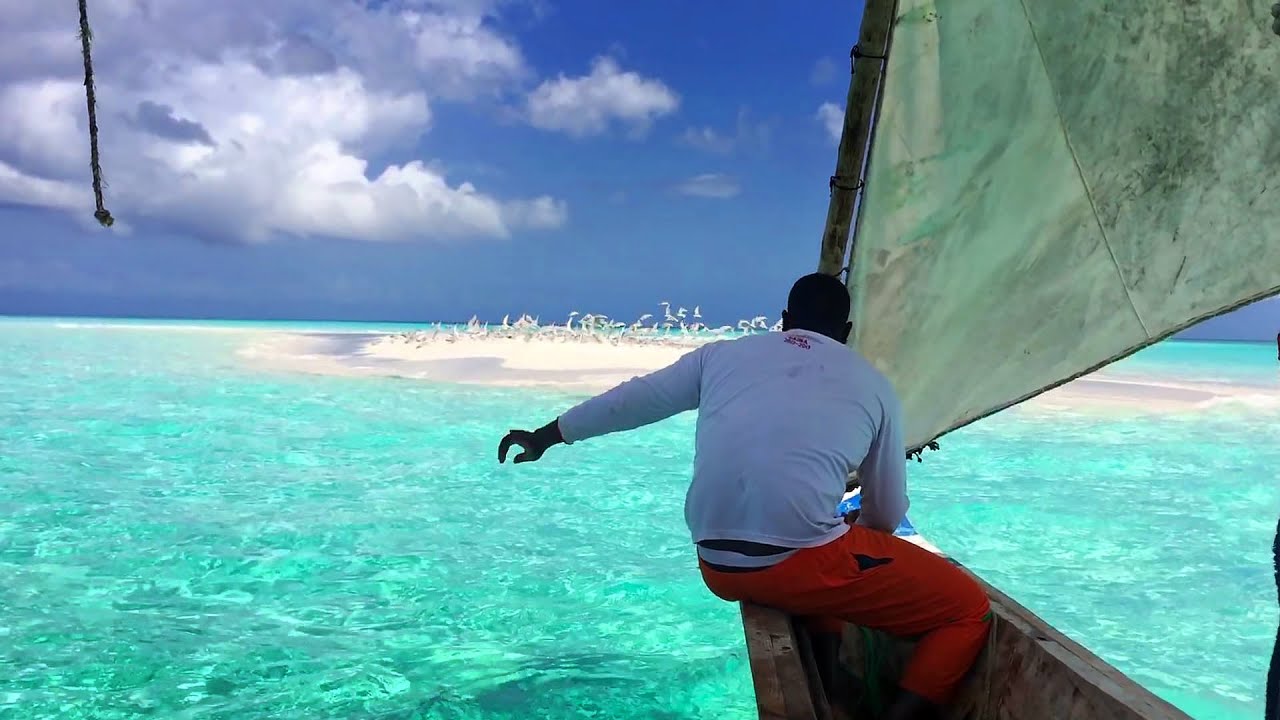The Blue Economies of Kenya and Tanzania
| by Charles Colgan

The Center for the Blue Economy will develop a baseline assessment of the ocean economies of Kenya and Tanzania.
Over the next six months the Center for the Blue Economy (CBE) and the Nicholas Institute (NI) at Duke University will undertake a preliminary assessment of the ocean-based (“blue”) economy of the countries of Kenya and Tanzania, on behalf of the World Wildlife Fund (WWF).
To date, few African nations have taken few steps to devise blue economy strategies. This project will develop a baseline assessment of the key ecosystem-based components of the ocean economies of Kenya and Tanzania which can be used as the foundation for the elaboration of blue economy strategies in each country. It will be based on the successful CBE-NI partnership that produced a blue economy assessment of Bangladesh for the World Bank.

Both countries’ governments aim to carry out more integrated ocean management, for example through marine spatial planning, which will require key information inputs on the various economic uses of coastal and ocean space and the role of ecosystems in supporting these uses.
For this reason, the broader goal to which this work would contribute is to assist Kenya and Tanzania stakeholders to assemble information to better understand and manage the role of the ocean in each country’s national economy and in particular to understand and more sustainably use the unique environmental and ecological assets such as their coral reef ecosystems (including associated seagrass and mangrove habitats).

This assessment will also serve as a pilot to demonstrate the “sustainable blue economy assessment approach” – one that aligns with the data needs and approaches often used by development banks and multilateral agencies - and its usefulness for ecosystem-based economic planning and conservation, especially in those areas where coral reefs have the best chance to thrive and support people, even under projected climate change.
2019 IEP graduate and CBE Summer Fellow Abi Ferrazzini will be working with Dr. Linwood Pendleton, the WWF project lead, this summer out of the WWF office in Brest, France. She will support the project by accessing the large body of research on the blue economy available in Europe.
Final results will be communicated to policy makers in December of 2019/2020, and a final report will be made public in summer 2021.
